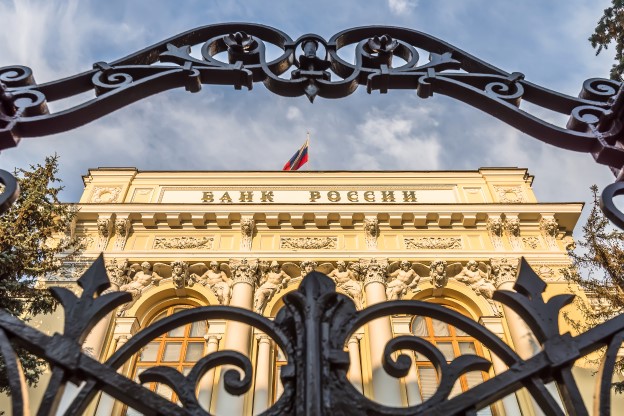
Members discuss bank guarantees, clients that are in no hurry to pay and good news on intercompany funding—at least for now.
Editor’s Note: NeuGroup is running weekly special sessions on the Russian-Ukrainian crisis. Senior executive advisor Paul Dalle Molle, a former banker with extensive European experience, leads the discussions.
By Paul Dalle Molle
The war in Ukraine is now, sadly, one month old. With this milestone we also note an evolution of the concerns of NeuGroup members. They have more clarity on their companies’ decisions regarding Russia (to exit, suspend operations, stay), sanctions, counter-sanctions and local laws, as well as on the specific needs of their local staff. At this week’s Russia meeting, a few new issues surfaced, as well as wrinkles on familiar topics. Here are some highlights.
Open bank guarantees and letters of credit. Companies that have stopped operations may end up halting work for which they signed contracts, raising potentially challenging issues that one member raised. A corporate might be able to negotiate amicably and come to an agreement with Russian suppliers and customers, but that is not likely.
- The most probable scenario is that companies will eventually see drawings under bank guarantees and letters of credit, and a subsequent commercial dispute. What happens if a sanctioned bank is involved in that situation? How will such disputes be resolved under a sanctions and counter-sanctions regime? Going forward, this is likely to be a big source of headaches for multinational corporations (MNCs).
Customers who say they’re unable to pay. Members report that customers are less likely to feel pressure to pay for products already received after a company has announced it is no longer shipping product to Russia. That’s happening now.How will MNCs collect on these receivables? As time goes on, these will be increasingly categorized as bad debts and eventually written off, adding to the total cost of stopping operations. The short-term effect is that corporates will collect fewer rubles to use for paying suppliers, staff, rent and taxes, making their working capital situation worse.
Domestic intercompany cash pools are working normally again, thanks to Russia’s Presidential Decree No. 126. There is unanimity among members on this point based on discussions with banks, accountants and lawyers. Intercompany deposits from Russia to foreign locations on the books prior to March 2 appear to be rollable without authorization, but no new cross-border deposits of this type seem possible.
The big four foreign banks in Russia are increasingly the focus for multinational companies. These institutions—SG Rosbank, Raiffeisen, Unicredit and Citibank—have local bank charters. Other foreign banks have signaled that their local operations will wind down. Some new bank accounts are being opened, but this seems to be dependent on the corporate’s overall global relationship with a bank, and it is difficult to see a pattern emerge.
The elephant in the room. A major issue is how to implement a corporate decision to suspend operations or exit Russia. Many companies seem to have accepted that their Russian businesses will be written down dramatically, so most are not too focused on the financial aspects of these decisions. Instead, companies with thousands of local staff and dozens of factories or industrial sites have continuing practical decisions to make.
- So far, member companies seem to have done everything possible to help keep their staff employed and paid, even if operations have stopped. But there is a lot of variation from company to company and sector to sector.
- Some members report that Russian authorities are inspecting their foreign work sites weekly. One member said his company’s local managers in Russia are afraid they risk a jail sentence if a plant shuts down, based on their understanding of Russian law. Given such circumstances, at what point do companies stop paying staff? What is the legal mechanism for turning a business over to the employees to run? Add these to the list of questions for which there are not yet concrete answers.


